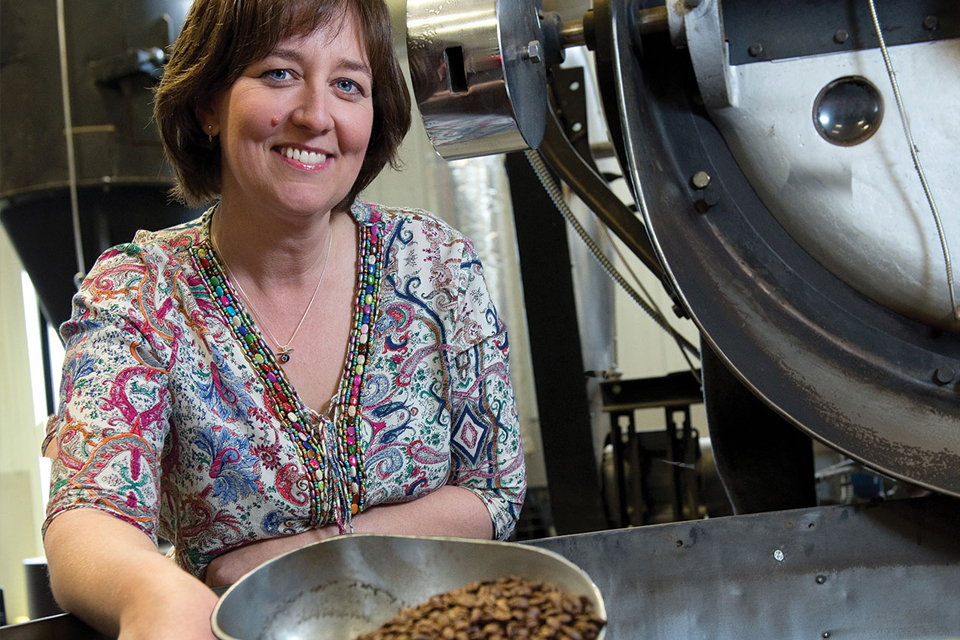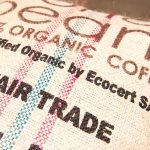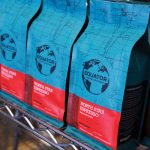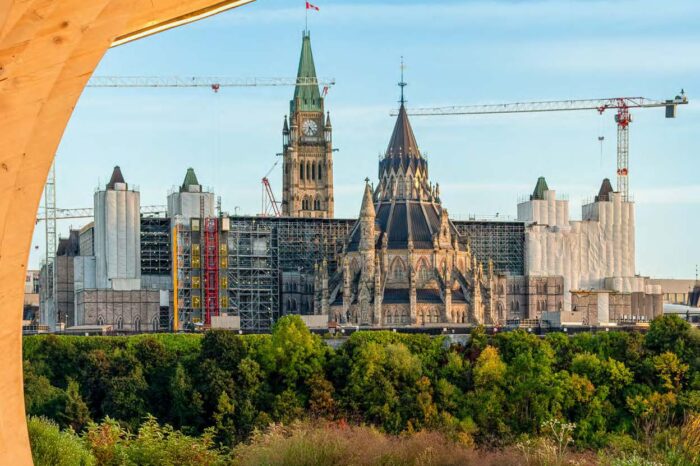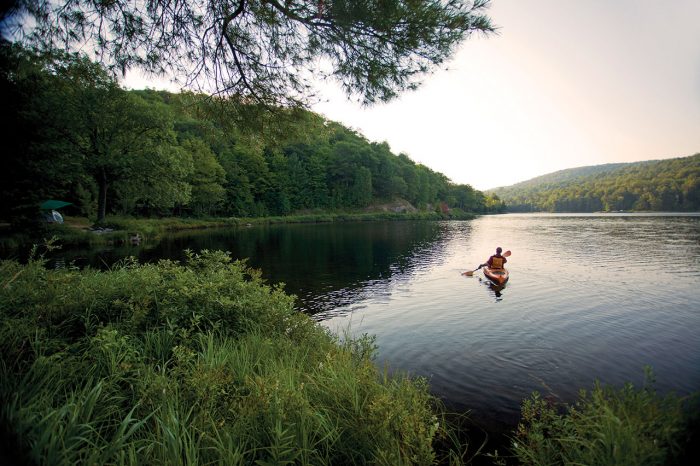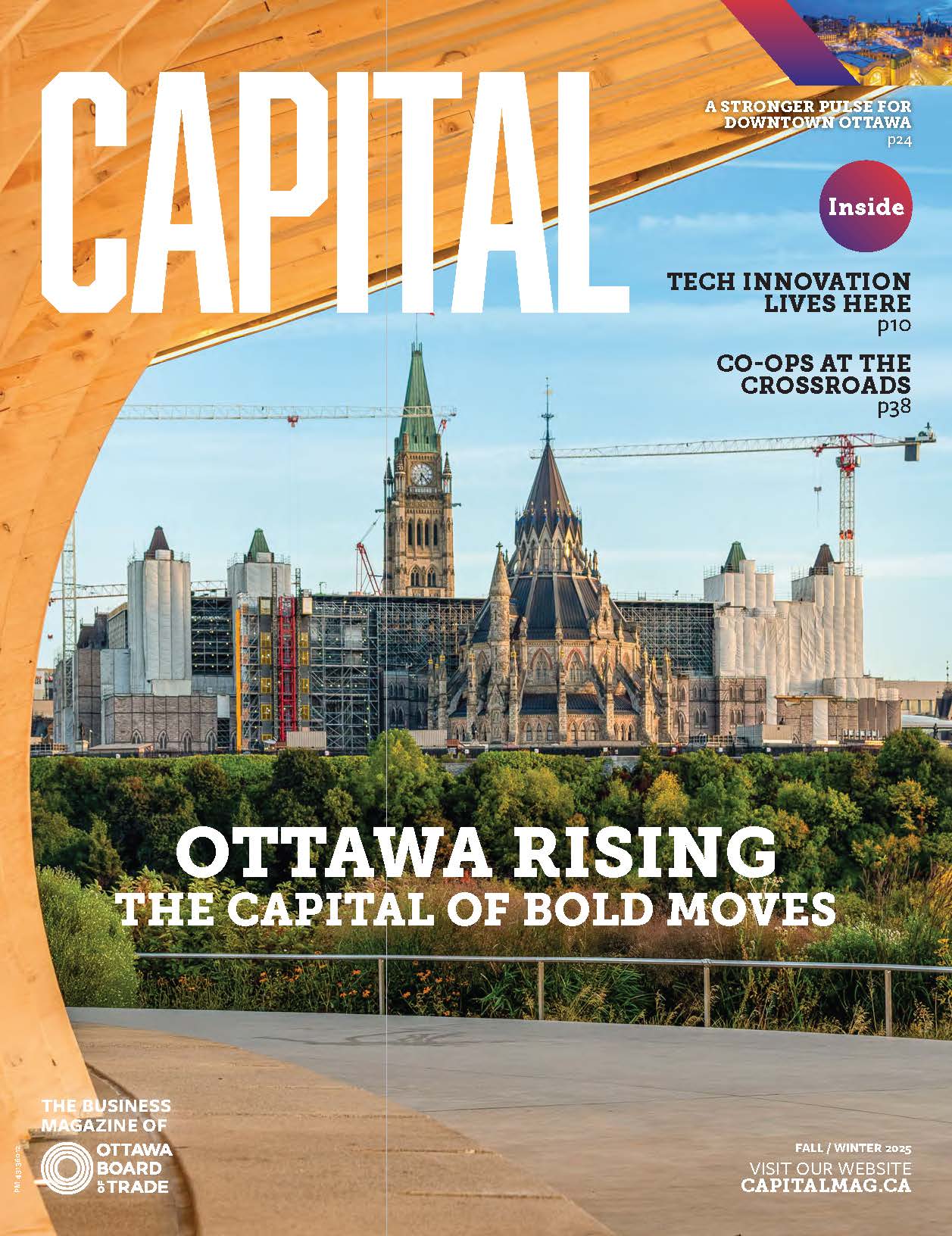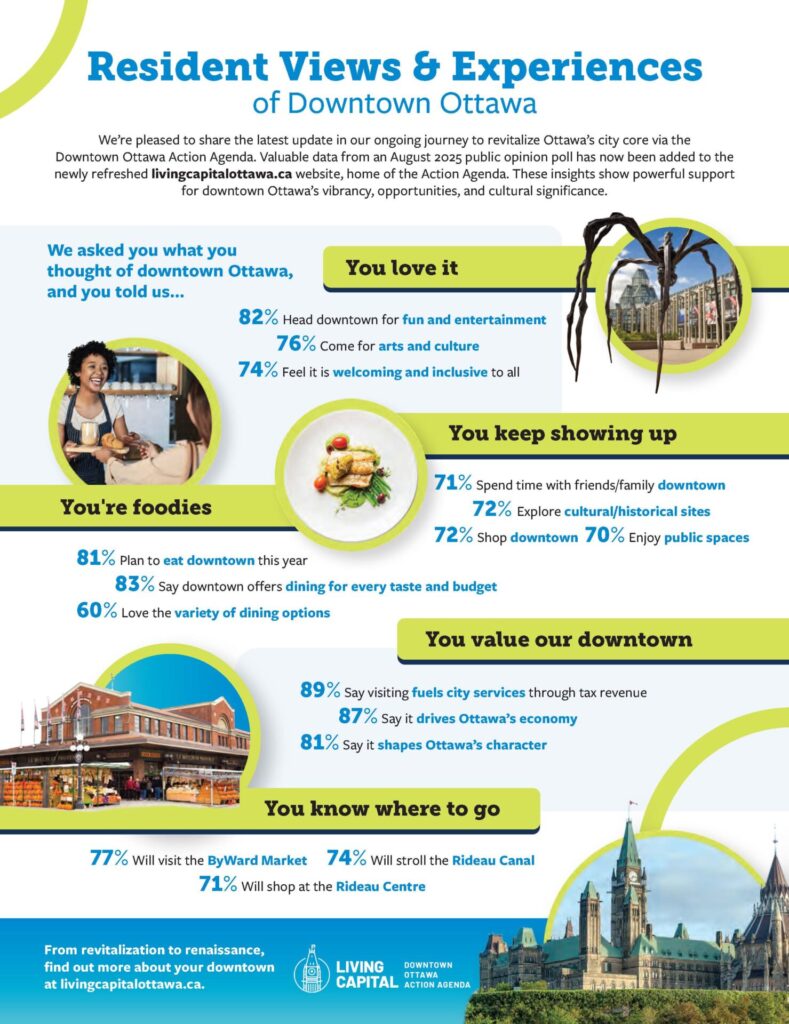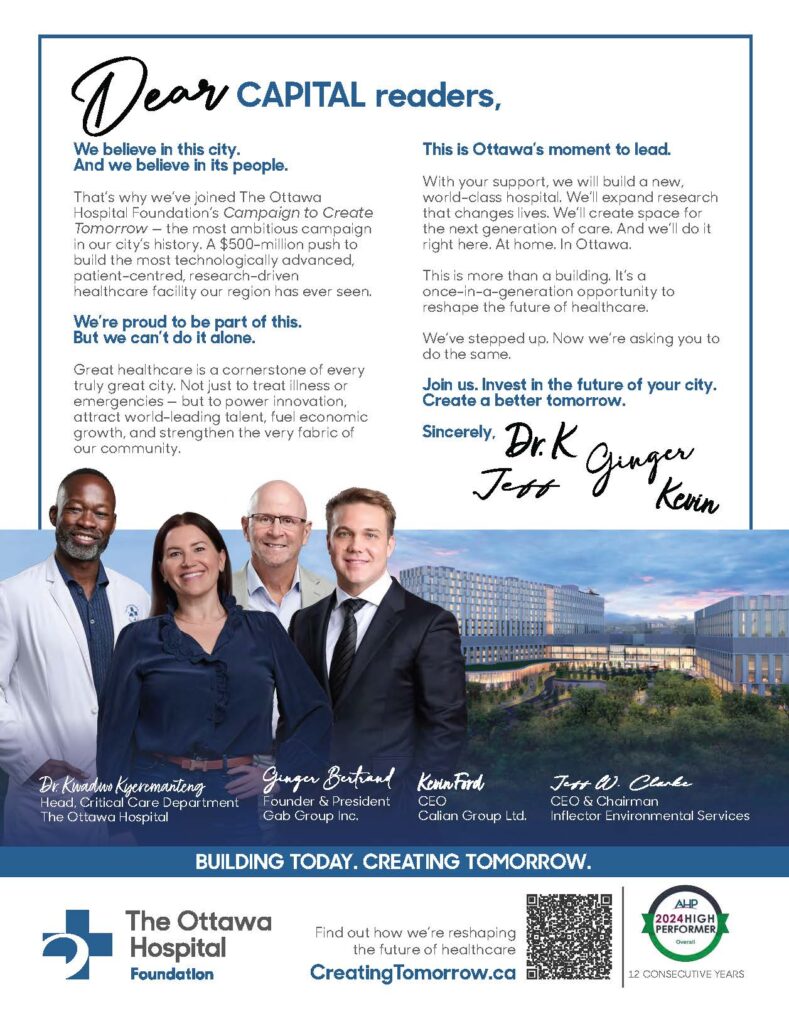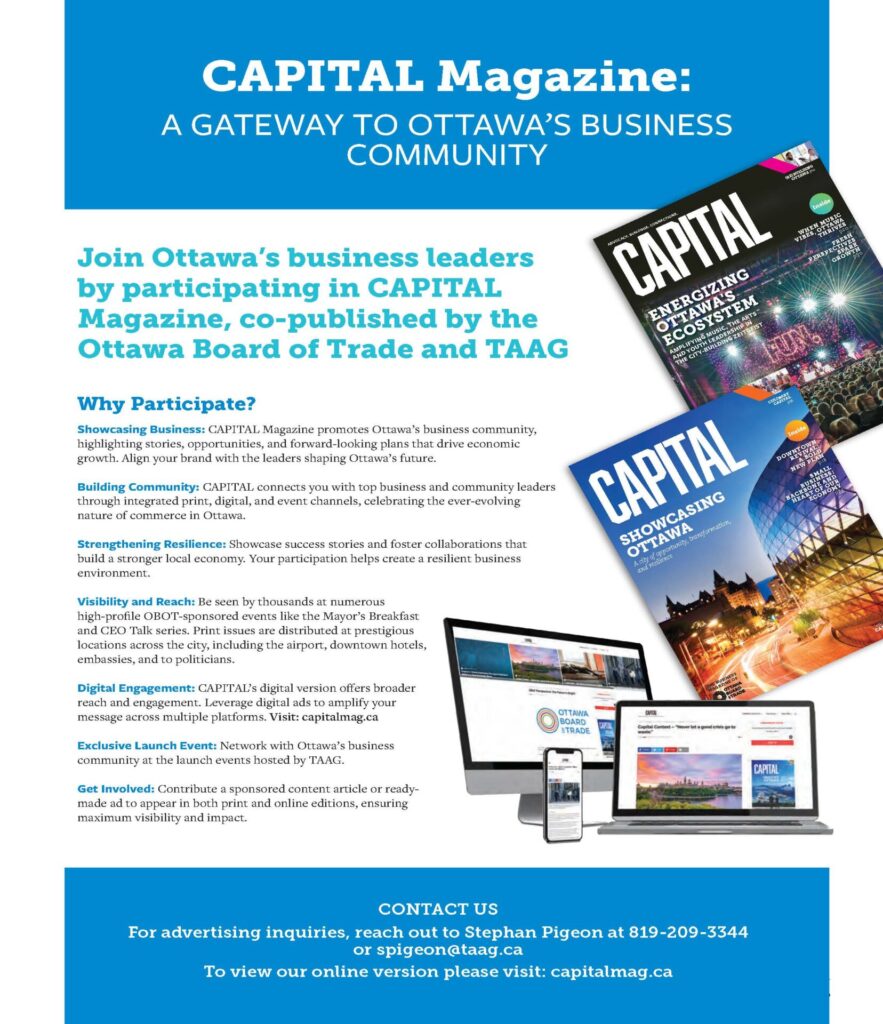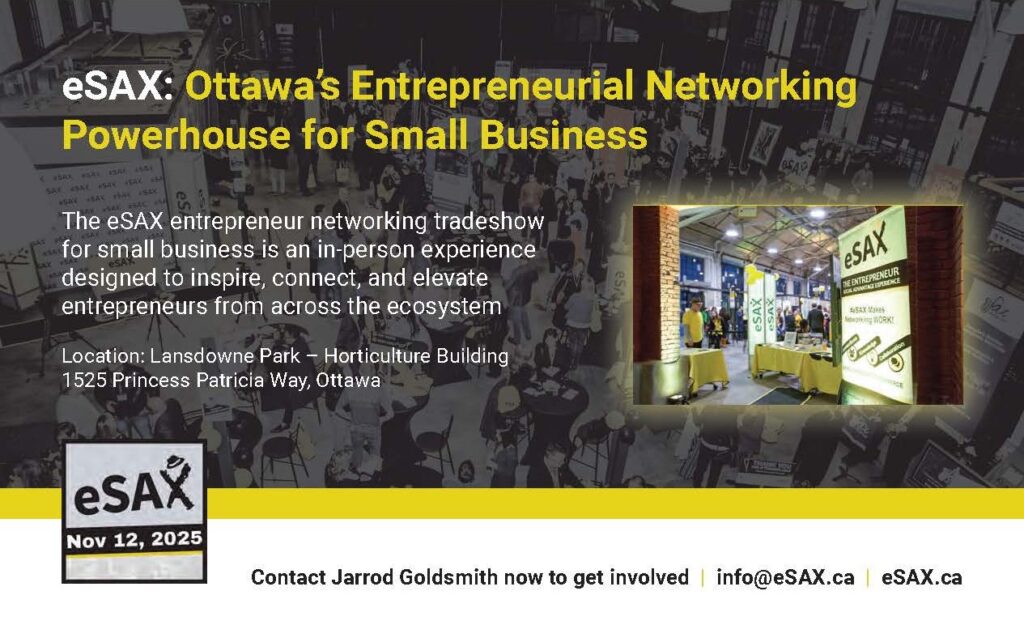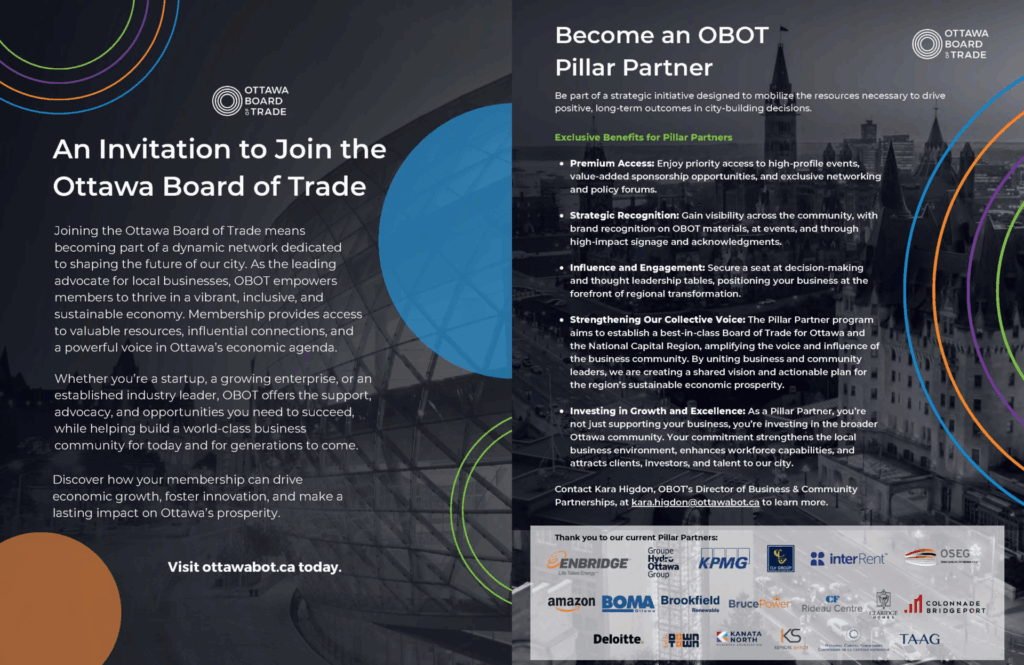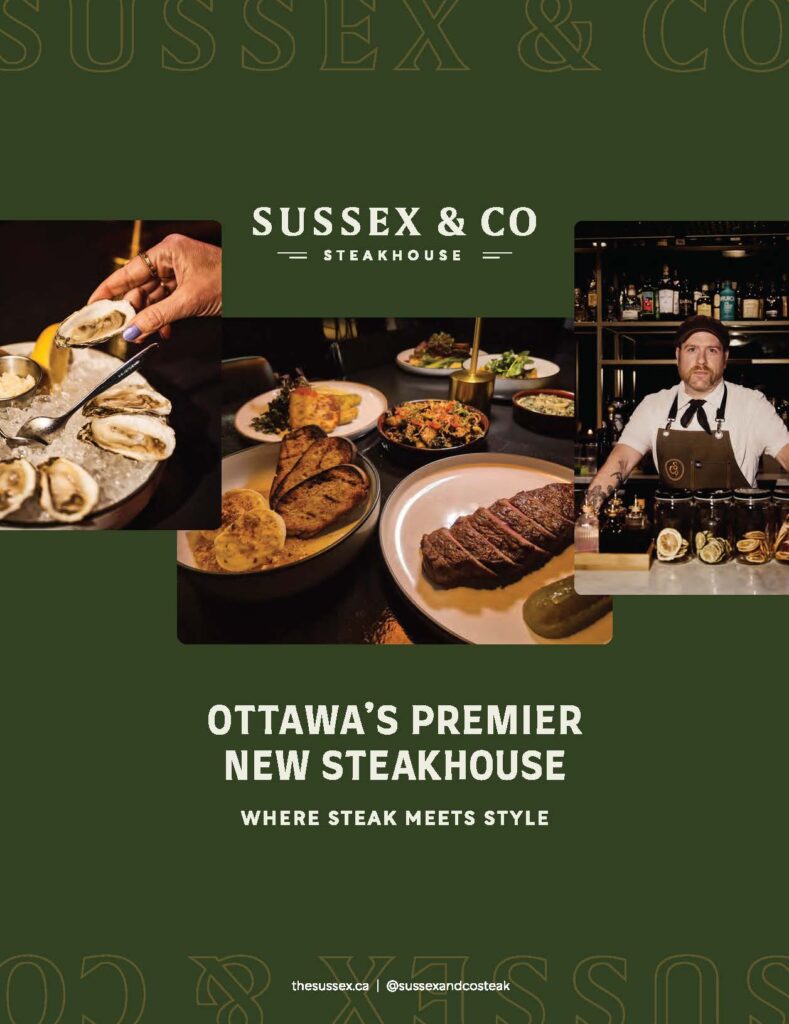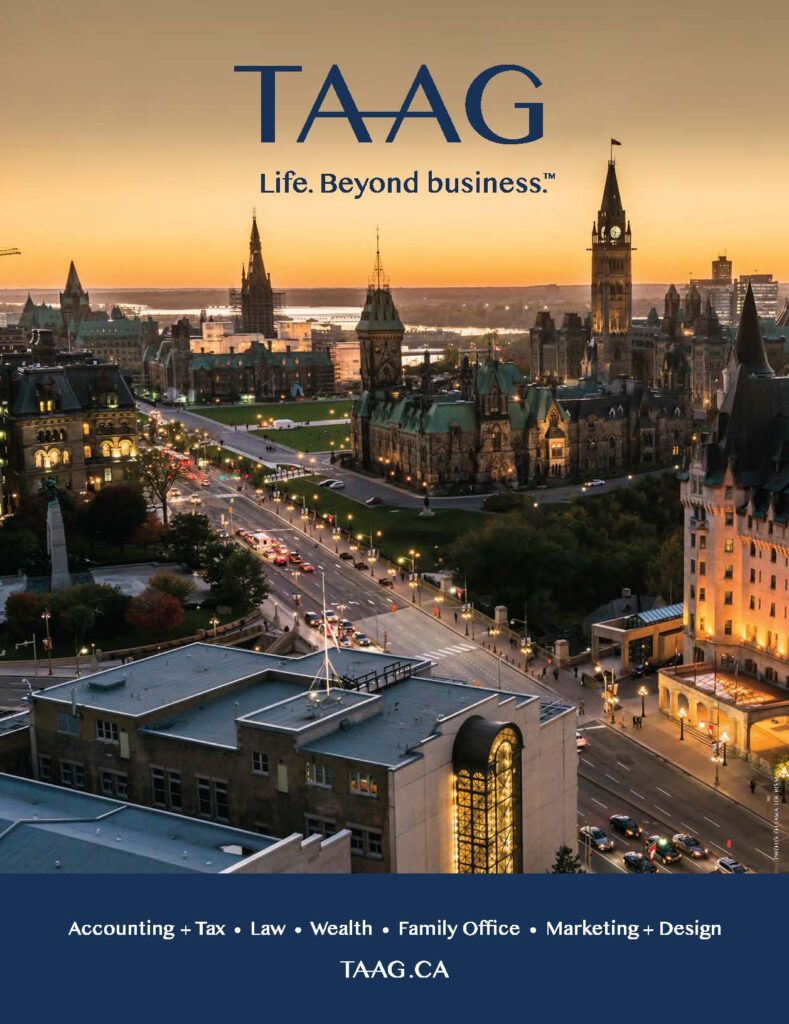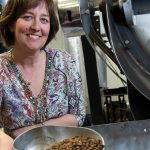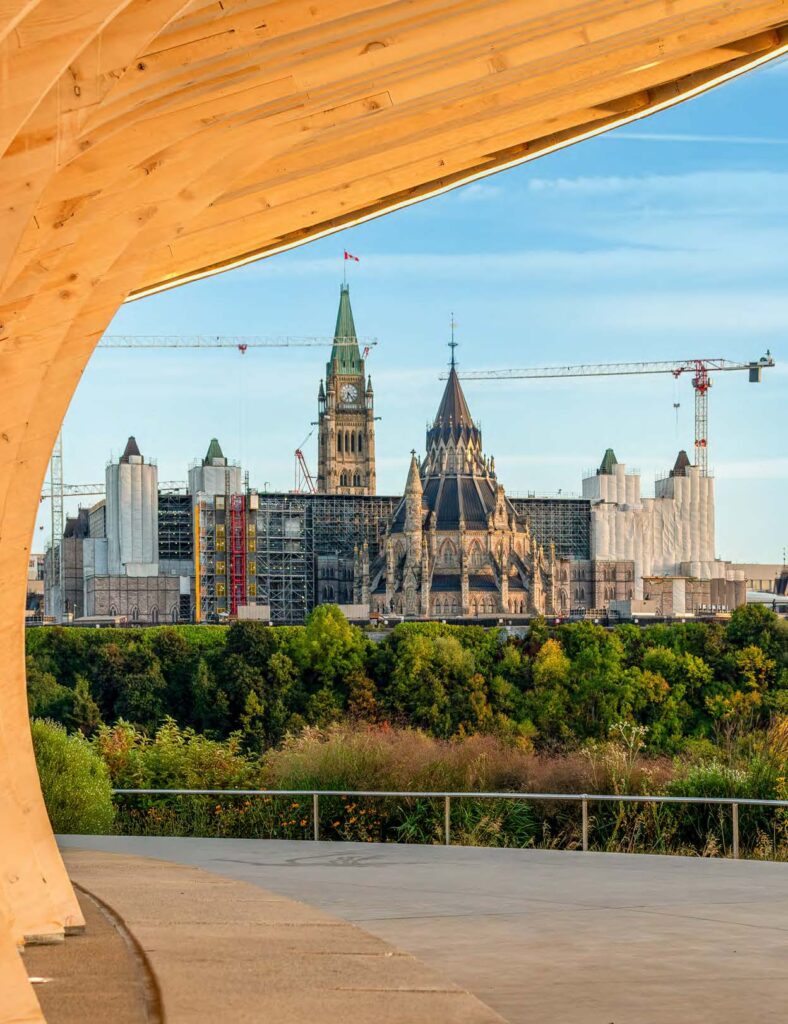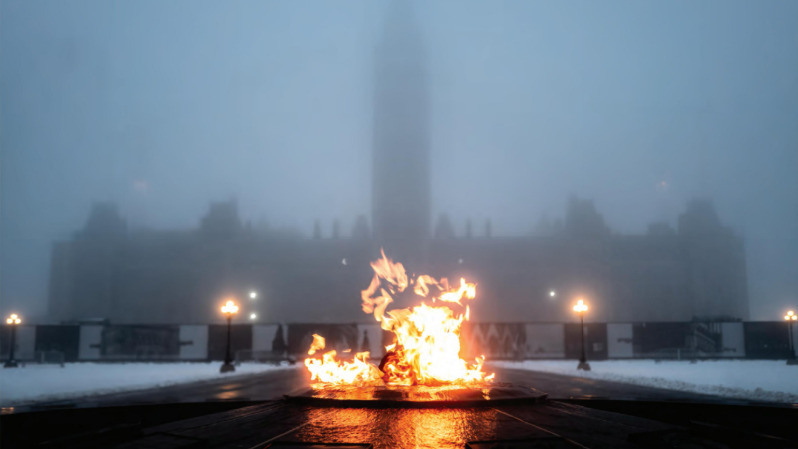Feature – Bottoms Up!
How a local coffee roaster generates sustainable benefits
By Barbara Balfour
It was a degree in international development that first planted the seed for an Ottawa Valley coffee roastery that has changed the lives of thousands of people around the world.
Learning about the exploitation of small-scale farmers and their surrounding environment by the coffee industry made a huge impression on Craig Hall, who was studying the subject for his master’s degree at Trent University.
So, he and his wife Amber decided to uproot themselves from Deep River, Ont., where Amber’s teaching position was based, so they could do something about it.
They started Equator Coffee in Arnprior in 1998, offering 100 percent fair trade, organic coffee with the goal of roasting fresh and delivering exactly to order without having any waste from week to week.
They source through their own roaster-member co-op, Cooperative Coffees, as one of 23 members from North America. Not only do they work directly with farmers, but they have also personally visited cooperatives in Guatemala, Nicaragua, Mexico, the Dominican Republic, Peru, Rwanda, Kenya, Ethiopia, and Uganda.
Over the last two decades, Equator has supported hundreds of local initiatives and continues to donate 10 cents of every pound of coffee they sell to SchoolBOX, helping to buy annual school supplies and build classrooms for children in coffee farming communities in northern Nicaragua.
In 2016, they were awarded the Best Ottawa Business Award for performance in philanthropy by the Ottawa Chamber of Commerce and the Ottawa Business Journal. They plan to expand to their third retail location in Ottawa later this year.
“Our goal when we started was to make use of this consumable that people could buy in the north while benefitting developing countries in the south at the same time,” says Amber. “That’s where the name Equator comes from—equating the benefit for all, including the environment.
“When we began, the fair trade certification movement was just emerging and we wanted to take part in it. We only work with small farmers who harvest the traditional way with organic methods, and the coffee is better as result.
“In contrast, conventional coffee companies force coffee cherries to ripen early with the use of chemicals. They also use a mechanical means of picking. The environmental impact of cutting down the rainforest, and the water damaged by those chemicals in the soil, has a huge effect on the farmers.”
Equator doesn’t just buy organic coffee; they are also a certified organic facility and undergo an annual audit to ensure no chemicals are used and pest control is organic and humane.
“We are certified all the way to the bag that the coffee is being sold in and we guarantee we can trace it back to the origin in case we had to do a recall.”
Equator also sources only compostable cups and lids and repulpable bags that slowly biodegrade; they also make their coffee grounds available for customers’ gardens upon request.
“We wanted to create a company that doesn’t do any harm to the environment, the people we hire, or the community we sell to. Every stage benefits everyone along the chain,” says Amber.
“We have four children, and we don’t want to harm the world we are leaving behind for them.”
Barbara Balfour is a freelance journalist, TV host, and producer based in Ottawa.
